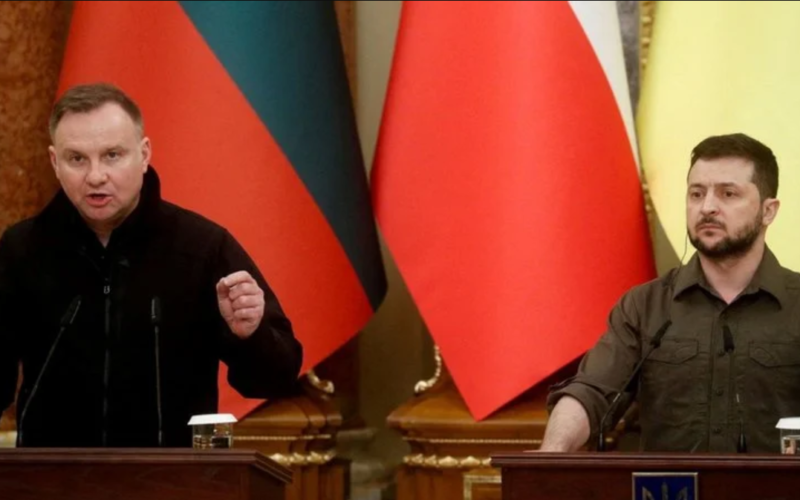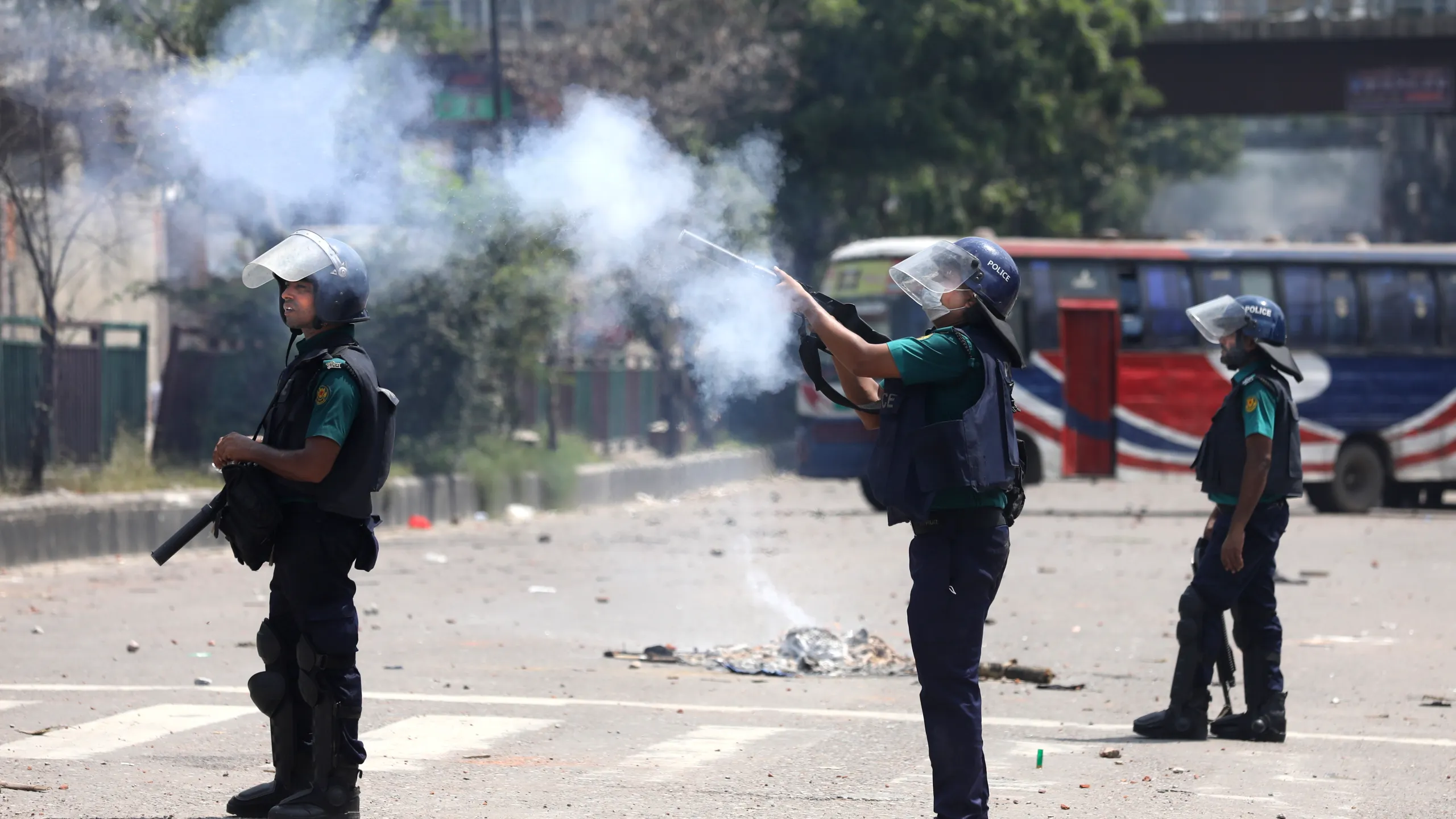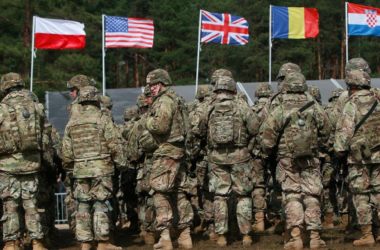Recent reports indicating Poland’s potential decision to reduce support for Ukrainian refugees have raised alarm within humanitarian aid organizations and concerned citizens alike. This potential shift in policy has prompted discussions about the broader implications for both the refugees and the region as a whole. This article delves into the proposed changes and explores the potential consequences for the affected individuals and the humanitarian efforts supporting them.
Poland, historically known for its welcoming stance towards refugees, is contemplating a policy change regarding its support for Ukrainian refugees. This decision has sparked widespread concern as it may impact the livelihoods and well-being of thousands of Ukrainians who sought refuge in the country due to the ongoing conflict in their homeland.
Humanitarian aid organizations, both within and outside of Poland, are closely monitoring the situation and voicing their concerns. Many are urging the Polish government to reconsider this decision, emphasizing the importance of continued support for Ukrainian refugees as they work to rebuild their lives and contribute positively to their host communities.
In light of these potential changes, there is a growing call for open dialogue and collaboration between the Polish government, aid organizations, and relevant stakeholders. Finding a balanced approach that considers the needs of both the refugees and the host community is crucial for ensuring the well-being and integration of Ukrainian refugees in Poland.
The proposed reduction in support for Ukrainian refugees by the Polish government has raised legitimate concerns among aid groups and advocates. The potential ramifications of this policy shift are significant, affecting the lives and well-being of thousands of individuals who have sought safety in Poland. It is imperative that all stakeholders engage in open and constructive dialogue to find a solution that prioritizes the welfare of Ukrainian refugees while considering the broader implications for regional stability and diplomatic relations. Only through collaboration can we hope to address this complex issue in a manner that upholds the values of compassion, solidarity, and support for those in need.








